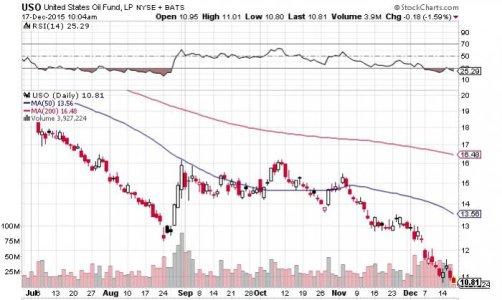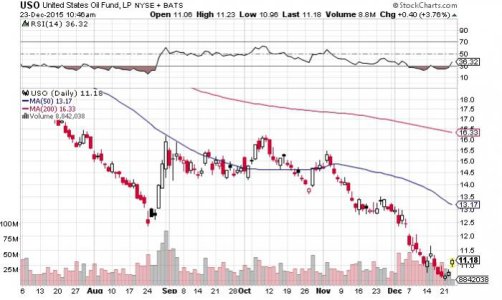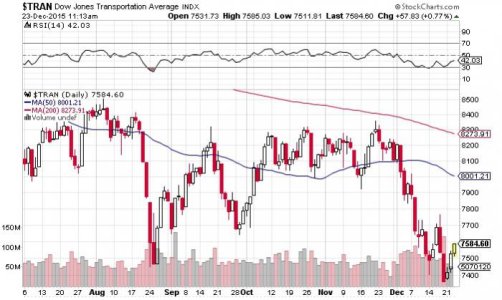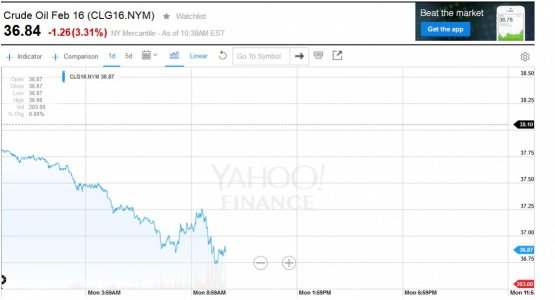Abrupt End
On Friday, Congress passed and President Barack Obama signed into law a $1.8 trillion government spending and tax relief bill that included repealing the four-decade-old export ban, which barred shipments to countries other than Canada. The Department of Commerce issued an official notice on Tuesday saying companies no longer need to apply for licenses to export crude.
In the coming weeks, companies are likely to "stress test" where export opportunities will be, said George Baker, executive director of the Producers for American Crude Oil Exports, which led the successful lobbying effort in Washington to lift the ban.
Pressure from oil producers to scrap the restrictions intensified over recent years, as U.S. crude oil prices plunged to as much as $25 a barrel below global prices due to a build-up of swelling U.S. shale production caused by infrastructure bottlenecks as well as the export ban.
But that gap has vanished in recent weeks amid growing evidence that U.S. production has shifted into reverse this year as plummeting prices caused drilling to dry up, while output overseas is still swelling, with Iran poised to increase sales as sanctions are lifted next year.
On Wednesday, U.S. oil futures were trading at a premium to global Brent all the way to June.
Jacob Dweck, an attorney with law firm Sutherland that represents oil producers, said some producers and shippers "are interested in flying the flag of exports ... They want to create the new reality of exports."
But analysts said even if a handful of companies announce deals in coming weeks, it does not signal a bigger trend.
"It's universally agreed in the short term that we won't see a flood of ships leaving for foreign ports because the economics aren't right," said Sandy Fielden, director of energy analytics at RBN Energy.








